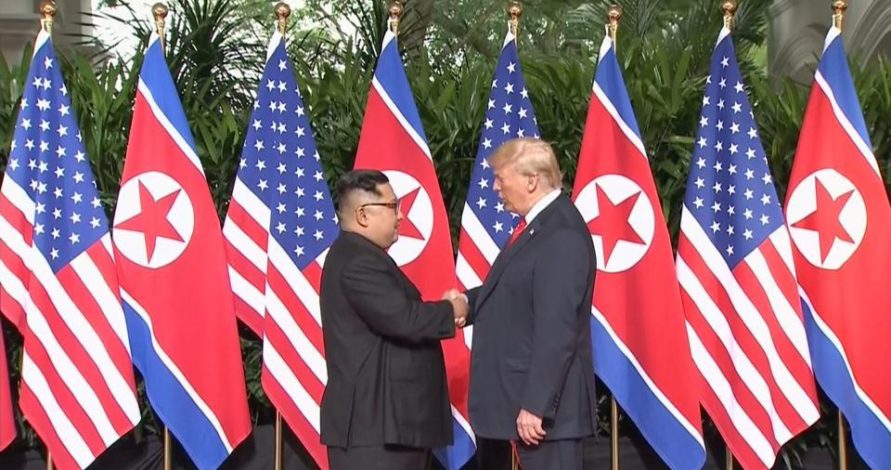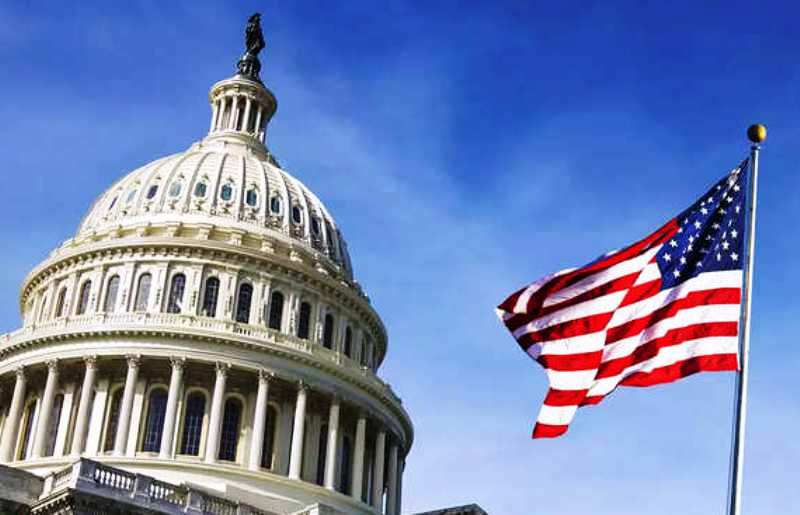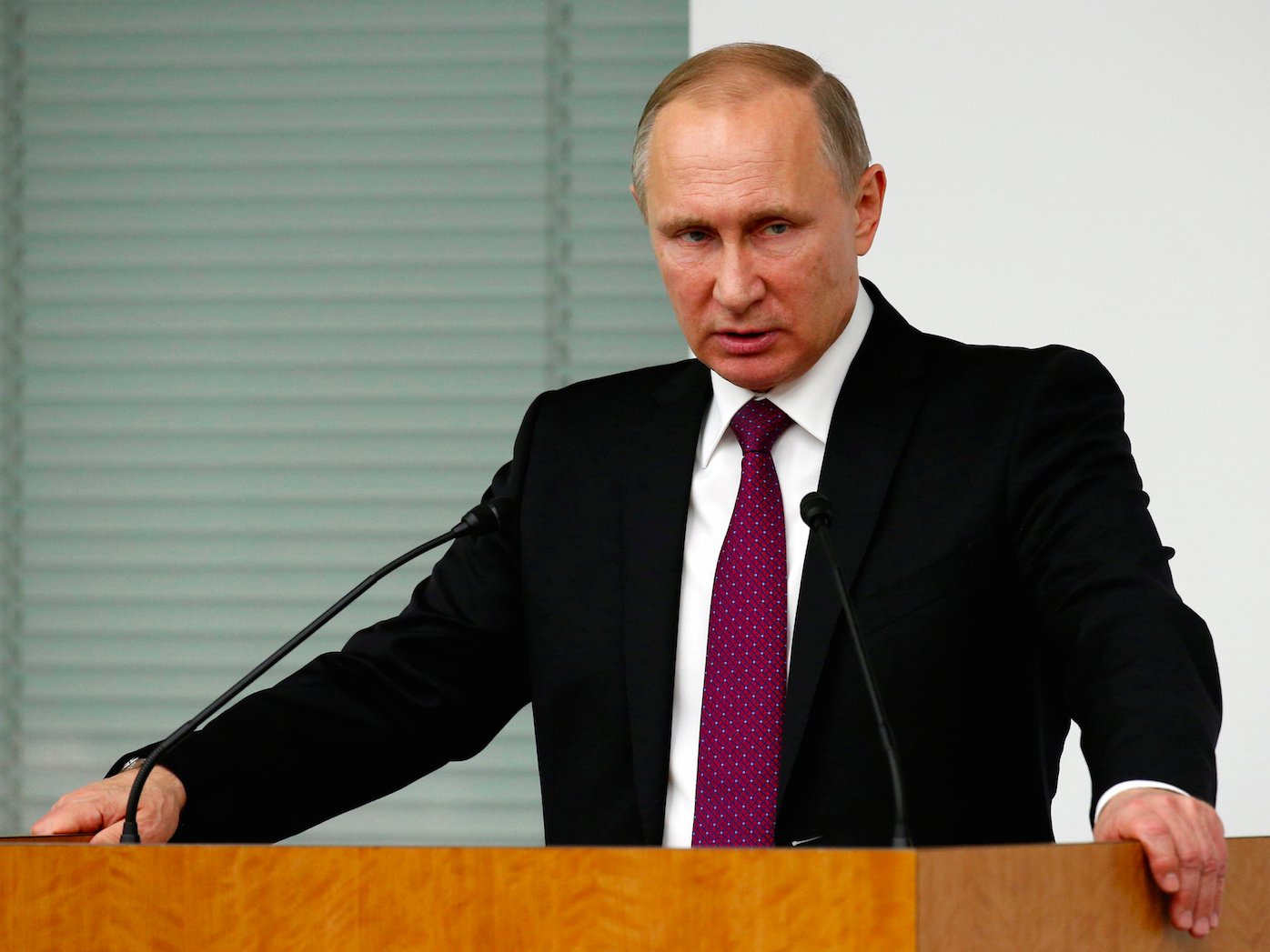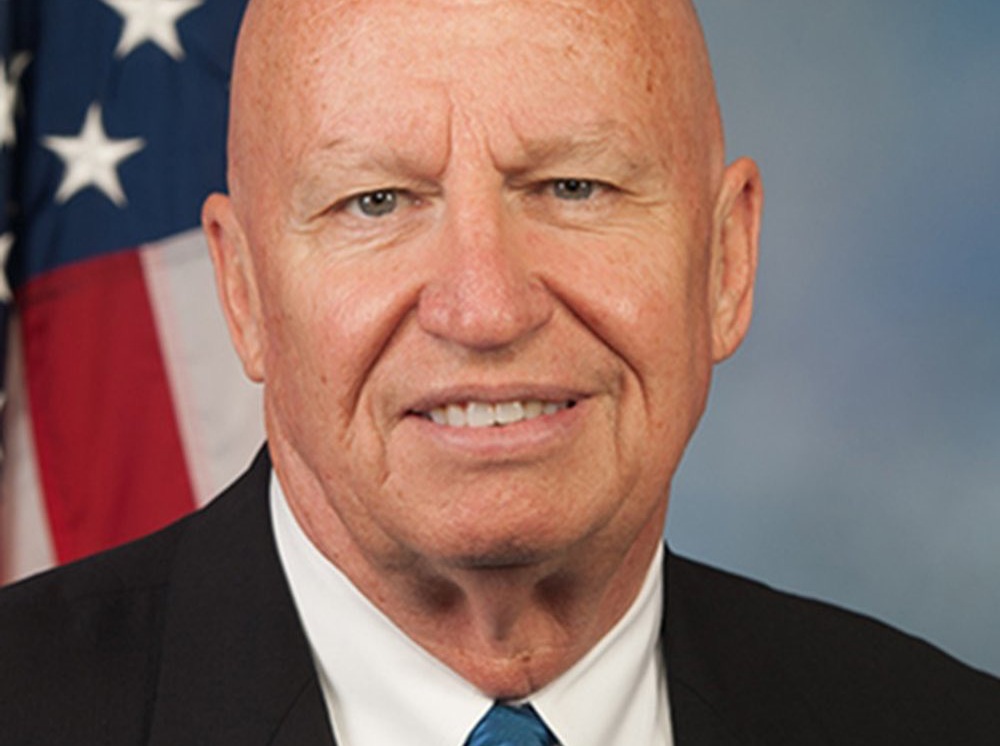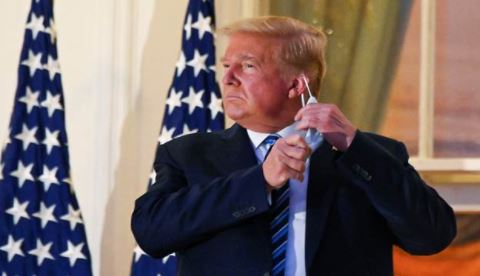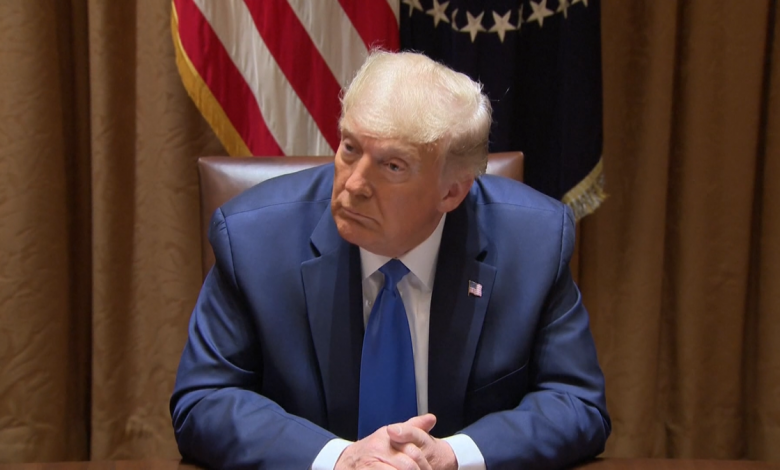US federal authorities executed a former drug trafficker who had contracted Covid-19 late Thursday, and a final execution of Donald Trump’s administration was scheduled for Friday with just five days left of his presidency.
Corey Johnson was part of a gang implicated in 10 murders in 1992 in the US state of Virginia. He was convicted in federal court for his involvement in seven of them.
The 52-year-old African American received a lethal injection at the federal penitentiary in Terre Haute, Indiana, and was pronounced dead at 11:34 pm (0434 GMT Friday).
He addressed the families of his victims in his final statement.
“I would have said I was sorry before, but I didn’t know how. I hope you will find peace,” he said.
On Friday, authorities plan to execute Dustin Higgs, a 48-year-old Black man convicted of kidnapping and killing three young women on federal land near Washington in 1996.
Both men contracted Covid-19 in December and a judge on Tuesday postponed their executions for several weeks.
Their lungs have not fully recovered and the injection of pentobarbital may cause suffering prohibited by the Constitution, which bans “cruel” punishment, the court said.
But an appeals court overturned the decision on Wednesday and the Supreme Court ruled late Thursday that the execution of Johnson, whose first name was spelled Cory by the US Department of Justice, could proceed.
The high court also rejected an appeal from Johnson’s lawyers that he was intellectually disabled, and therefore should be spared the death penalty.
“Corey simply lacked the capacity to operate as the ‘drug kingpin’ the government falsely portrayed him as for nearly 30 years. He could barely read or write,” attorneys Donald Salzman and Ronald Tabak said in a statement following the execution, calling it a “stark violation of the Constitution and federal law.”
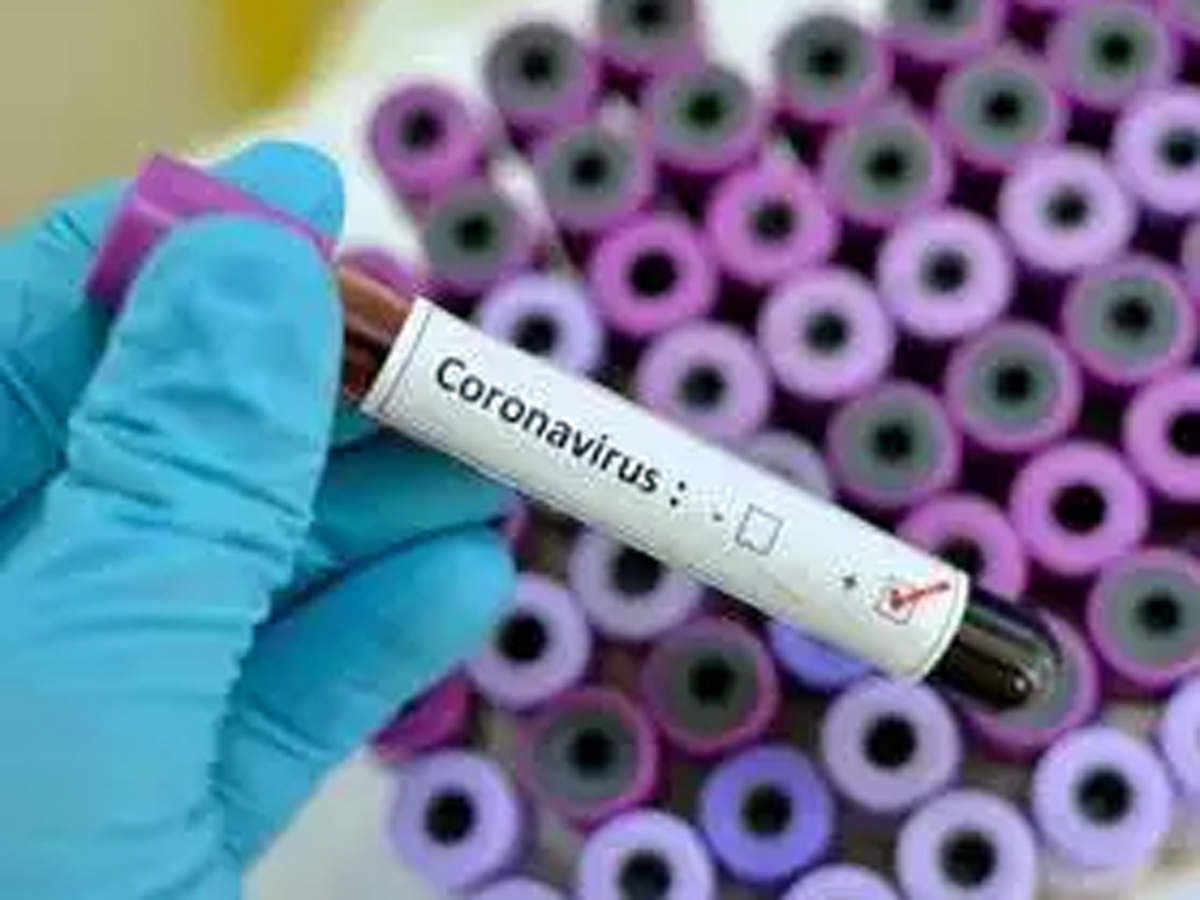
![[VIDEO] Biden unveils $1.9 trillion economic rescue plan for U.S.](https://thenewsguru.ng/wp-content/uploads/2020/08/Joe-Biden.jpg)

